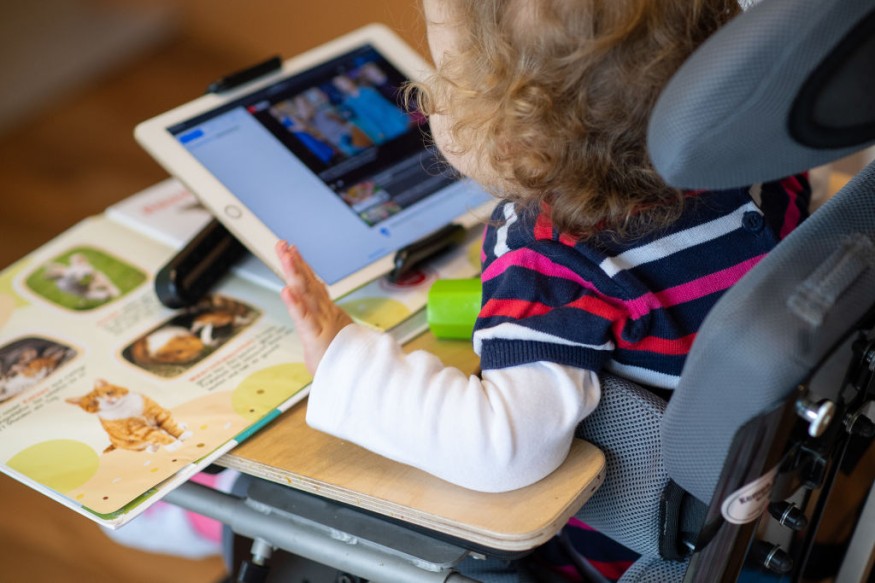
Telehealth mental health care is here to stay, and 'Zoom Boom' may become more popular after COVID-19.
People are in more need of counseling than ever before. According to a Centers for Disease Control report, anxiety, sadness, and suicidal thoughts have increased significantly in the months after the epidemic. Reports say that those between the ages of 18 and 24 had the most significant rise.
Counseling through telehealth has given a much-needed service for people who cannot leave their homes or choose not to risk virus infection by stepping out.
Cognitive-Behavioral Therapy (CBT) is a type of talk therapy that teaches people how to recognize and modify harmful or distressing thinking patterns that affect their behavior and emotions, VeryWellMind said. CBT usually assigns "homework" to improve the sessions' effectiveness and extend the therapeutic relationship beyond the hour-long session.

Zoom Boom on the Rise; Online Therapy Effective?
Efficacy and satisfaction with online CBT have been shown in several studies. According to a study of 17 trials, online CBT for depression might be more helpful than face-to-face treatment. Both types of CBT were equally satisfying to the participants. Clients also found that online CBT was more cost-effective than face-to-face counseling.
Another evaluation of studies on online CBT indicated that it leads to significant reductions in anxiety and depressive symptoms. In treating a panic disorder, online CBT was proven to be just as effective as face-to-face counseling. Post-traumatic stress disorder, panic disorder, and particular phobia were treated effectively using online CBT.
An analysis of 14 more studies indicated that online CBT improved symptoms of panic disorder, social anxiety disorder, generalized anxiety disorder, depression, obsessive-compulsive disorder, and compulsive gambling disorder by 50%. Stress and chronic tiredness were also shown to be greatly reduced while using online CBT. The online CBT sessions lasted between 8 to 15 weeks, which is considered a short duration in treatment.
Another evaluation of 19 studies revealed that online CBT was superior to placebo, placed on a waiting list for anxiety treatment, and comparable to face-to-face counseling.
Cons of Zoom Boom
Teletherapy, like telecommuting, appears to be here to stay. According to Scientific American, there will be conflicts over whether insurance will fund it at the same rate as in-person counseling. Practitioners will need to utilize platforms that comply with federal privacy regulations if they haven't previously. However, with the increased need for mental health services in the COVID-19 age, having additional alternatives for getting help isn't just convenient; it's necessary.
Ambient noise (particularly because many therapists and clients are now attending sessions from home), technical challenges, and a lack of nonverbal communication are all disadvantages of online therapy. Although visiting a therapist in person can be helpful, most clients would agree that not being exposed to COVID-19 is a good compromise.
Check out more news and information on Medicine and Health in Science Times.












